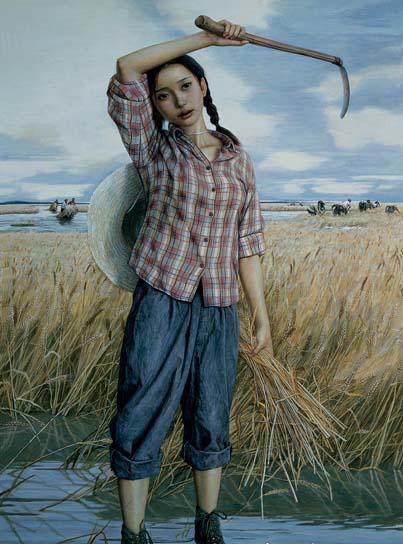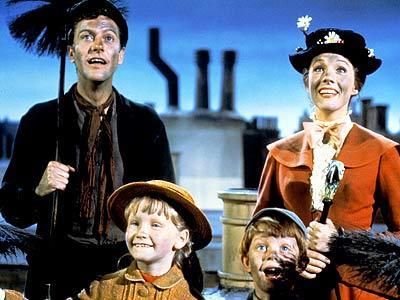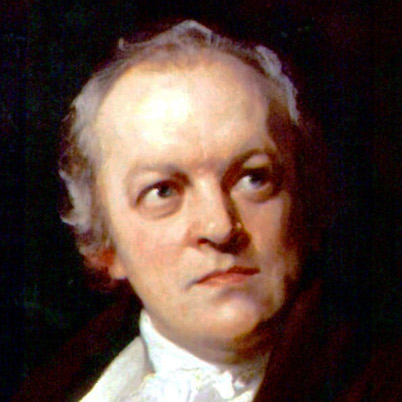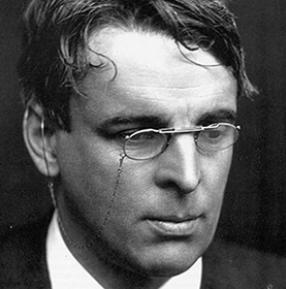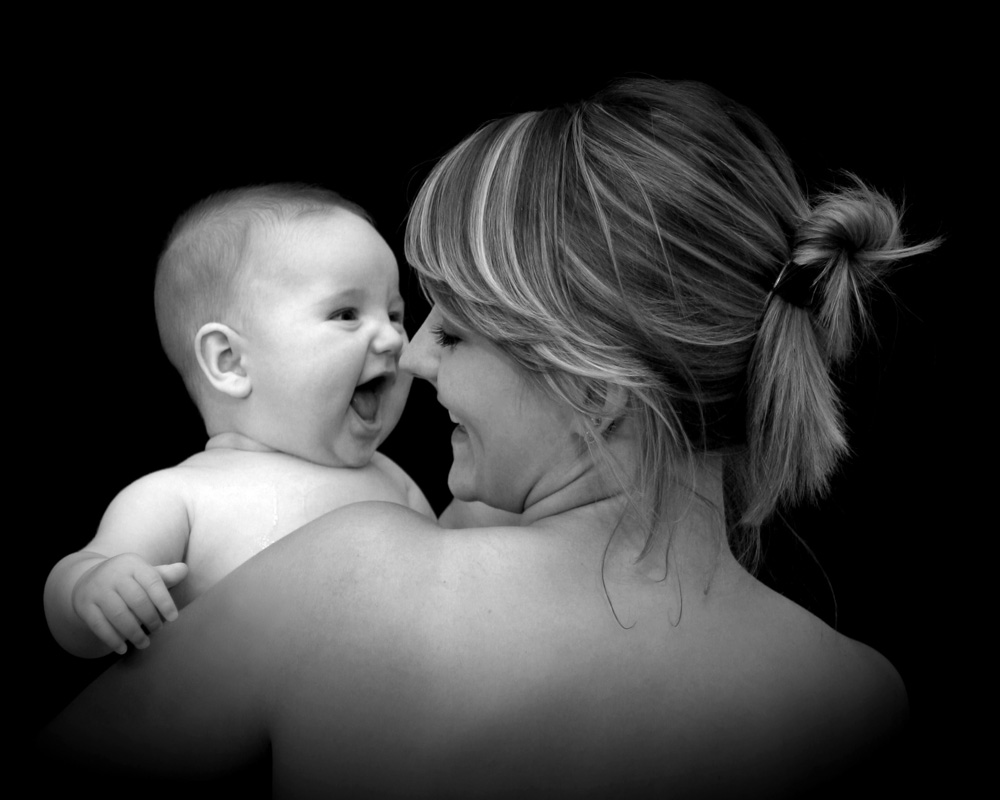William Blake is considered as the earliest poet of the “Romantic movement”, the characteristic features of which were predominant in the poetry that was penned during the 19th century. Although much greater recognition is given to poets like Wordsworth, Coleridge, Shelley, Keats for setting the Romantic trends in the history of English literature, one cannot totally ignore the contributions of Blake in the same regard as he was the one who sowed the seeds of Romanticism through his subjective poetry that vibrated with revolutionary zest and protest against the social evils present during his time that were practiced in the name of politics and religion.
“The Chimney Sweeper” present in both Songs of Innocence and Songs of Experience are heart wrenching pieces of poetry written by Blake to shed light upon the oppression that the underage children went through just so that the greedy so-called upper class members of the society and their money-hungry parents who sold them off could exploit their innocence and labor to suit their needs. In the Songs of Innocence, this major social issue has been perceived through the eyes of a little boy who takes every misery that his inflicted upon him in his stride with the hopes of a better tomorrow. This little boy is unaware of the gross injustice being done to him. The Songs of Experience is the darker twin of the Songs of Innocence. In this dark version, there is an underline of protest and the sense of being wronged is predominant in the speech of the little boy as he now realizes the unfairness of the society which has taken his innocence from him to exploit his labor to meet their selfish demands.
The Chimney Sweeper analysis of the Songs of Experience version of the poem will add depth to a reader’s understanding as this poem shows the pitiable condition of the exploited kids from a mature viewpoint where the speaker is no longer an innocent child but someone who has learnt about the harsh ways of the world the hard way and feels resentment towards this system of the society where little kids have to shed their innocence to work for the ones who enjoy a high rung in the social ladder.
The poem opens with the image of a little kid who is described as a “little black thing” as he is covered from head to toe in soot because of his job as a chimney sweeper. His soiled appearance is in stark contrast to the white snow around him. White stands for purity whereas black stands for sin. With the aim of this contrast Blake wants to show that attacking that child’s purity is no less than a heinous sin. When the child is asked where his parents are he says that they have gone to pray in the Church. This is a direct attack upon such parents who sell off their kids so that they can derive monetary benefits out of that transaction. It is a shame that such parents can go to the God’s house to pray in spite of being such sinners while their kids moves from one house to another cleaning chimneys. The child has a lot of resentment bottled in his heart against his parents so he says that they pushed him into this world of misery and pain as his innocence and childhood gave him more happiness than he deserved. Now innocence is a luxury that he no longer has because his present life which is riddled with rough strife teaches him to “sing the notes of woe”. This means that being carried so far away from his childhood into a world where he has to work as a chimney sweeper makes the child’s life insufferable.
The child says that just because he has accepted the harshness of his life everyone thinks that they have not done him any wrong as he seems apparently content with the way things are because he still plays and sings. The poet then sheds light upon the cruelty of such parents and employers who let little children work and made it justifiable by posing as if that exploitation did not inflict any harm upon the children. The line where the child tells that these people go and pray in churches and praise their king gives us an indication that God and even the King are conspirators in this felony of ruining the little child’s innocence and snatching away his childhood.
With the last two lines Blake decries such a social system and the institutions of the Church and kingship as it does nothing for the betterment of these little children. Instead of helping them, the church actually discriminates against them by not letting them enter their premises. By doing this the Church sins as much as the parents and employers of these unfortunate children. God, the Church and the King are as equally responsible for building hell for these children which is a matter of great sadness as their job should be to save these children from their suffering. This strengthens the voice of protest which these two poems infuse in our hearts.
It is worth noticing that God has been shown in two completely different lights in these two versions of The Chimney Sweeper. In the Innocence version he is shown as the poor child’s only hope of redemption and freedom from his suffering whereas in the Experience version he has been portrayed as a conspirator against the child’s innocence as he lets the child suffer so much. The Innocence version is optimistic whereas the Experience version is dark and realistic where the child is shown to suffer from hopelessness. Although in contrast with one another, a perfect pairing of these two versions of the poem is very essential for the proper understanding of the theme of the poem which is to uncover the hypocrisy of the Church and the King and the cruelty of such children’s parents and employers while shedding light upon the child’s misery at the same time. One version creates an impact and weakens the heart of the readers through its innocent take on the social injustice whereas the other version gives rise to a surge of protest against these evil agencies which exploit little children. No one view is correct as one is incomplete without the other. In spite of being contradictory, these two different takes are complementary which is why a balance in understanding of the two as a single orchestrated unit is necessary for the poem to produce the desired effect on the readers.
Dear Readers- If this summary/analysis has helped you, kindly take a little effort to like or +1 this post or both. Make sure you like Beamingnotes Facebook page and subscribe to our newsletter so that we can keep in touch. We’ll keep informing you about stuffs that are really interesting, worth knowing and adds importance to you.
Some online learning platforms provide certifications, while others are designed to simply grow your skills in your personal and professional life. Including Masterclass and Coursera, here are our recommendations for the best online learning platforms you can sign up for today.
The 7 Best Online Learning Platforms of 2022
- Best Overall: Coursera
- Best for Niche Topics: Udemy
- Best for Creative Fields: Skillshare
- Best for Celebrity Lessons: MasterClass
- Best for STEM: EdX
- Best for Career Building: Udacity
- Best for Data Learning: Pluralsight



